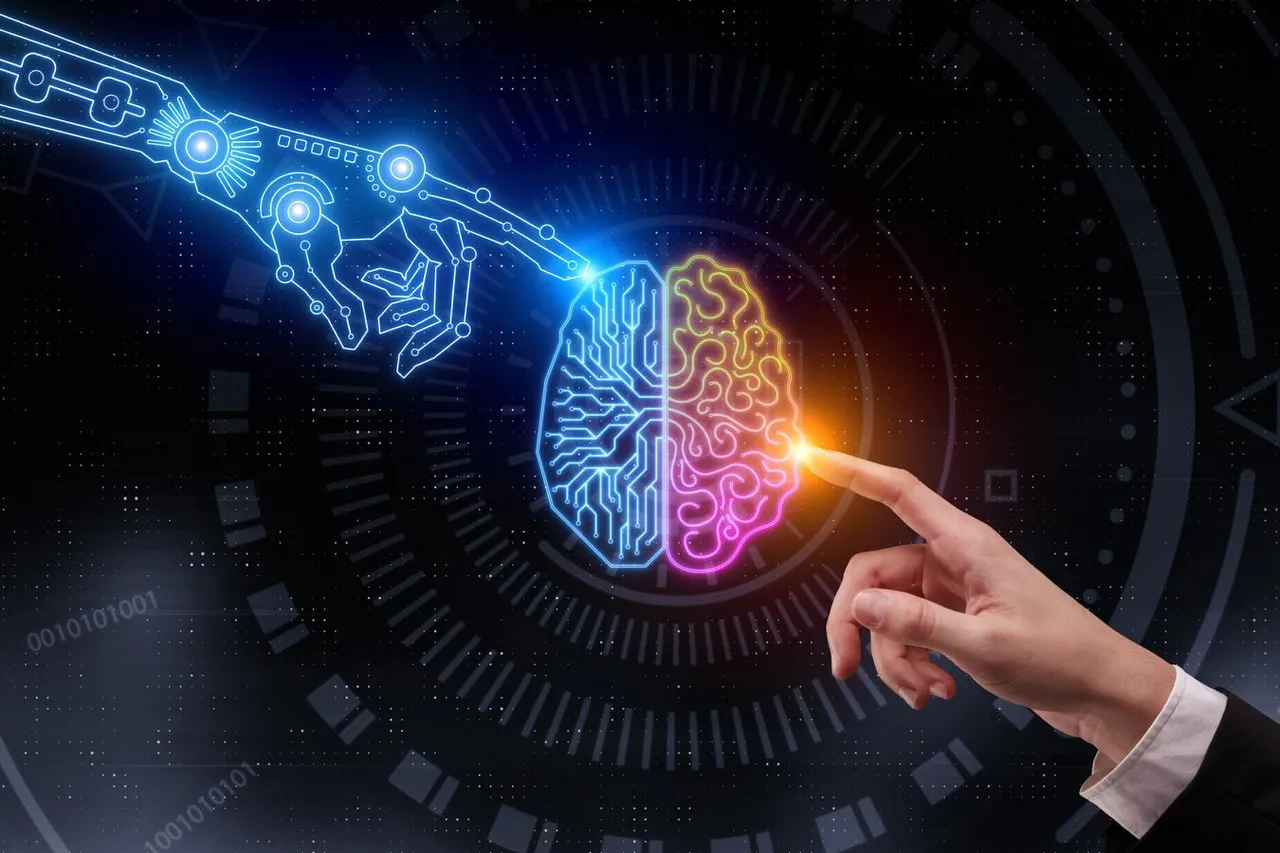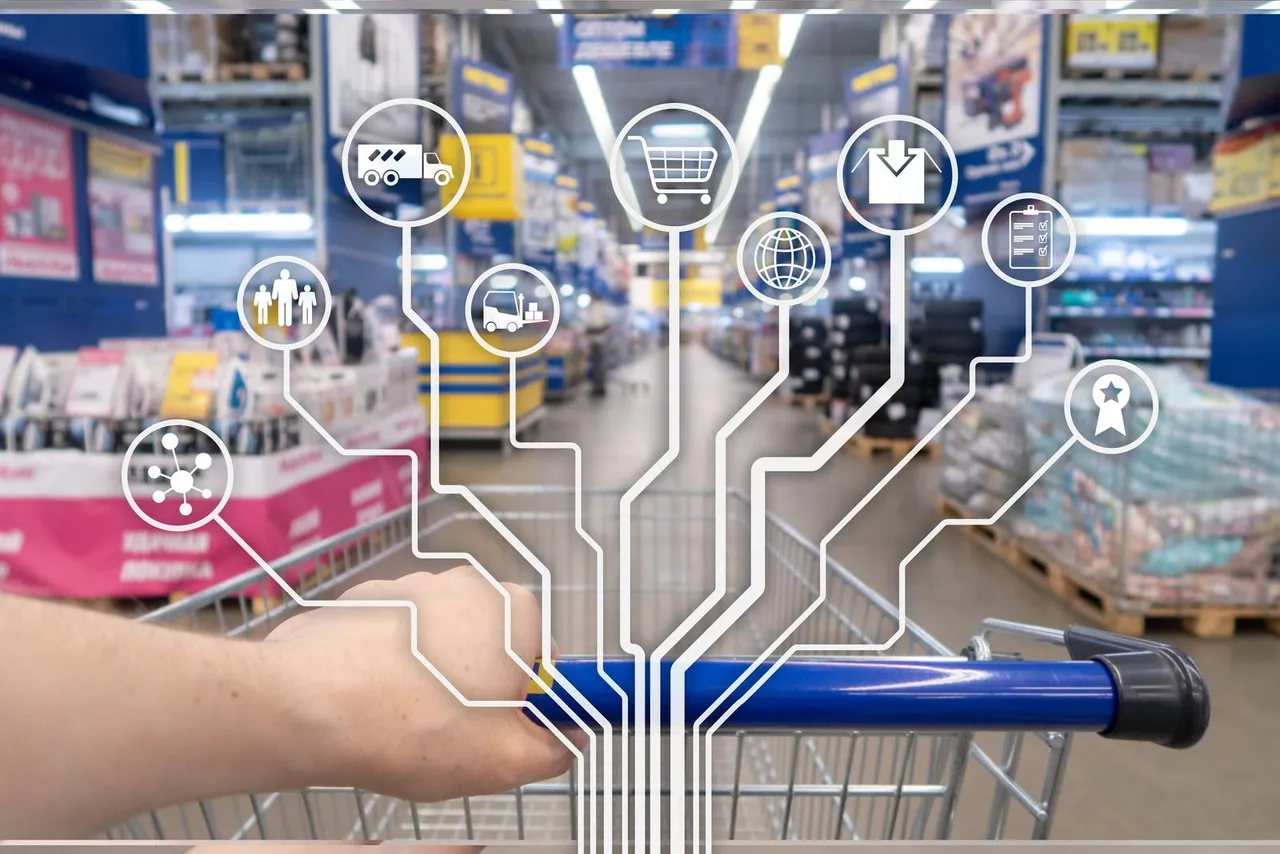In today's rapidly evolving digital landscape, Artificial Intelligence (AI) has become a cornerstone of innovation, particularly in the realm of e-commerce. For online merchants, especially those utilizing platforms like Shopify, integrating AI technologies can significantly enhance operational efficiency, customer experience, and overall profitability.
Definition of Artificial Intelligence (AI)

Artificial Intelligence refers to the simulation of human intelligence processes by machines, particularly computer systems. These processes include learning (the acquisition of information and rules for using it), reasoning (using rules to reach approximate or definite conclusions), and self-correction. In the context of e-commerce, AI encompasses a range of technologies such as machine learning, natural language processing, and computer vision, all designed to analyze data, predict trends, and automate decision-making.
Benefits of AI in E-commerce

Implementing AI in e-commerce offers numerous advantages:
-
Personalized Shopping Experience: AI analyzes customer data to provide tailored product recommendations, enhancing user engagement and increasing sales.
-
Efficient Inventory Management: By predicting demand trends, AI helps maintain optimal stock levels, reducing both overstock and stockouts.
-
Enhanced Customer Service: AI-powered chatbots and virtual assistants offer real-time support, improving customer satisfaction and retention.
-
Dynamic Pricing Strategies: AI enables real-time price adjustments based on market demand, competitor pricing, and customer behavior, optimizing profit margins.
-
Fraud Detection: AI systems can identify unusual patterns and potential fraudulent activities, safeguarding the business and its customers.
Types of AI Used in E-commerce
Several AI technologies are transforming the e-commerce landscape:
1. Machine Learning (ML)
ML algorithms process vast datasets to identify patterns and make informed decisions. In e-commerce, ML powers recommendation engines, predicting products a customer is likely to purchase based on their browsing and purchase history.
2. Natural Language Processing (NLP)
NLP enables machines to understand and respond to human language. Applications include chatbots that handle customer inquiries and sentiment analysis tools that gauge customer opinions from reviews and feedback.
3. Computer Vision
This technology allows machines to interpret visual information. In e-commerce, computer vision is used for quality checks in warehouses and enabling customers to search for products using images.
4. Predictive Analytics
By analyzing historical data, predictive analytics forecasts future trends, aiding in inventory management, marketing strategies, and sales projections.
Examples of Successful AI Implementation in E-commerce
Leading e-commerce platforms have harnessed AI to drive success:
-
Amazon: Utilizes AI for personalized product recommendations, dynamic pricing, and efficient warehouse management.
-
Alibaba: Employs AI to enhance customer experience through personalized shopping and has developed AI-driven chatbots for customer service.
-
Shopify: Integrates AI to assist merchants in crafting compelling product descriptions and optimizing inventory management.
Impact of AI on the Future of E-commerce

AI is poised to further revolutionize e-commerce:
-
Hyper-Personalization: Advanced AI will enable even more personalized shopping experiences, increasing customer loyalty and conversion rates.
-
Voice Commerce: With the rise of AI-driven voice assistants, voice-activated shopping is expected to become more prevalent.
-
Automated Logistics: AI will streamline supply chain operations, from automated warehouses to drone deliveries, reducing costs and delivery times.
-
Enhanced Data Security: AI will bolster cybersecurity measures, protecting e-commerce platforms from evolving threats.
For e-commerce merchants, particularly those on platforms like Shopify, embracing AI technologies is no longer optional but essential. Integrating AI can lead to improved customer experiences, streamlined operations, and a competitive edge in the market.
Frequently Asked Questions (FAQs)
1. How can small e-commerce businesses afford AI integration?
Many AI solutions are scalable and offer tiered pricing, making them accessible to small businesses. Additionally, platforms like Shopify provide built-in AI features at no extra cost.
2. Is AI implementation complex for non-tech-savvy merchants?
While some AI applications require technical expertise, many user-friendly tools are designed for easy integration without extensive technical knowledge.
3. How does AI improve customer retention?
By analyzing customer behavior, AI enables personalized experiences and targeted marketing, fostering customer loyalty and repeat business.
4. What are the risks of AI in e-commerce?
Potential risks include data privacy concerns and the need for continuous monitoring to ensure AI systems function correctly and ethically.
5. Can AI help in reducing cart abandonment rates?
Yes, AI can analyze abandonment patterns and implement strategies like personalized follow-up emails or offers to encourage customers to complete their purchases.













